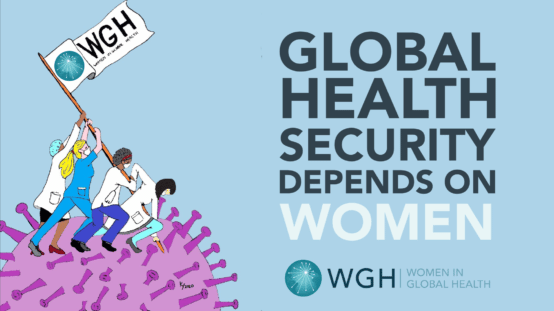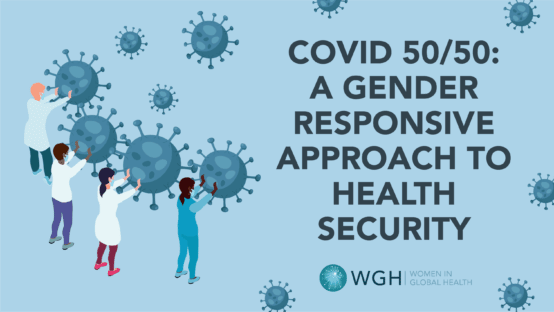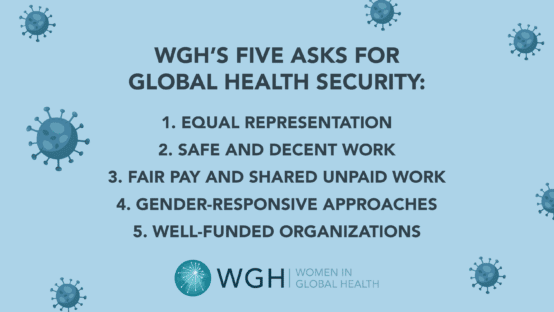Covid 50/50
The COVID-19 pandemic has been a serious global health emergency; we can’t afford to ignore women’s expertise and perspectives in our public health response. Women hold 70% of jobs in the health workforce, but when a health emergency strikes we hear the message: ‘Step aside, ladies, men coming through to fix this’.
The current COVID-19 crisis has been no different.
Women are the experts who know the most about the health systems they keep functioning, day in and day out. But COVID-19 task forces and other decision-making groups are on average less than 20% female.
Decisions made by teams that are not diverse or gender-equitable are flawed: bad for women, bad for health systems and bad for the whole of society. How can we end this pandemic and prevent the next one if the leadership doesn’t reflect the insights, know-how, and expertise on the ground?
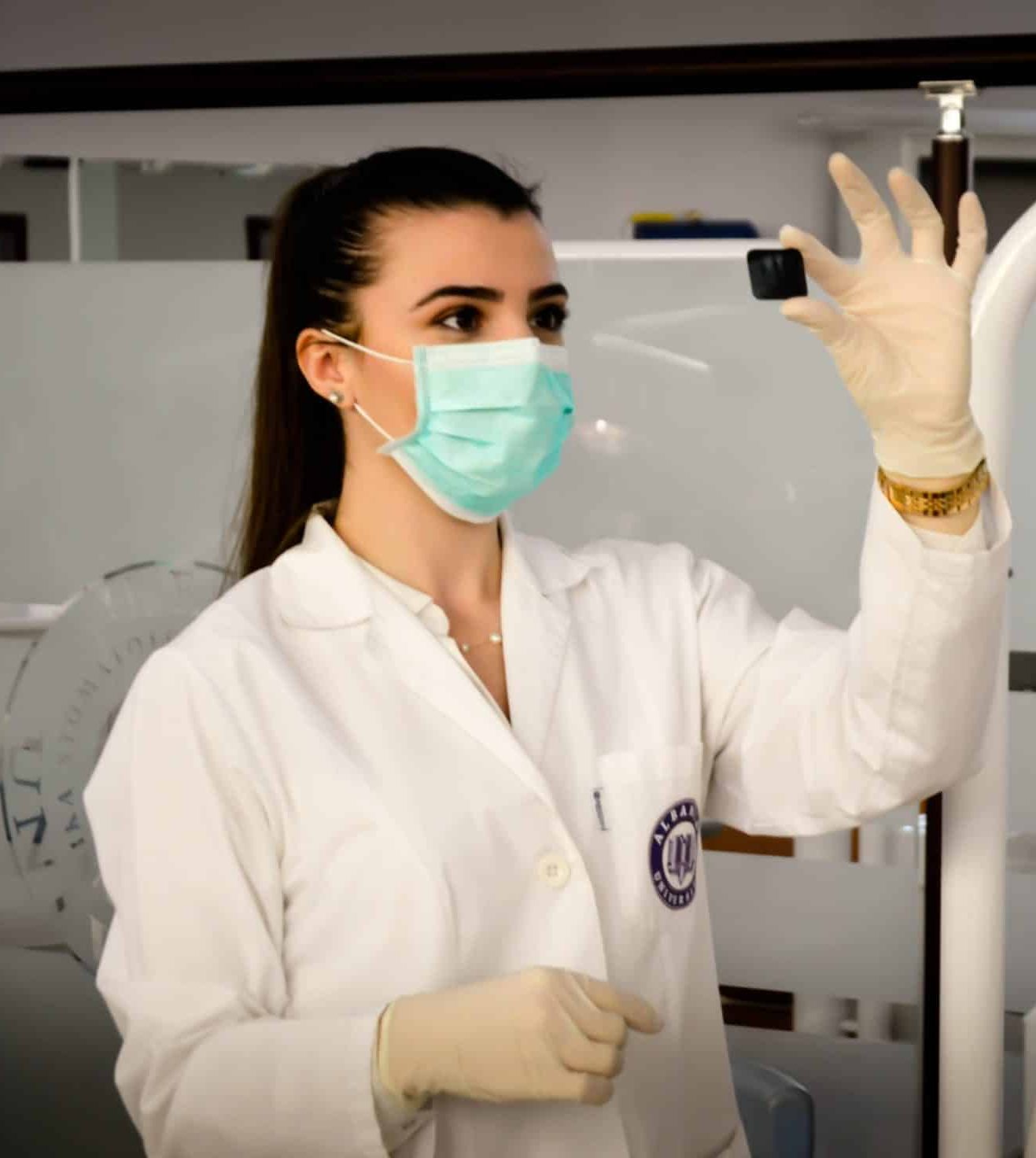
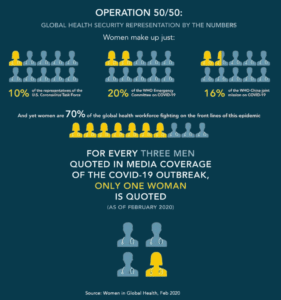
WGH’s Five Asks for Gender-Responsive Global Health Security
- Include women in global health security decision making structures and public discourse: Women are 70% of the global health workforce but are underrepresented in decision-making leadership & media commentaries.
- Provide health workers, most of whom are women, with safe and decent working conditions: Women are clustered into lower-status & lower-paid jobs in the global health workforce. They are at higher risk of infection, compounded by exhaustion and mental stress.
- Recognize the value of women’s unpaid care work by including it in the formal labor market and redistributing unpaid family care equally: Female health workers contribute an estimated $3 trillion to our Gross World Product, of which almost half is unrecognized and unpaid. Women, more than men, are recruited for unpaid roles in health and expected to provide care and domestic work for their families.
- Adopt a gender-sensitive approach to health security data collection/analysis and response management: Ignoring the gender aspects of outbreaks hinders prevention and response management by obscuring critical risk factors and trends.
- Fund women’s movements to unleash capacity to address critical gender issues: Women’s organizations – especially those based in low- and middle-income countries that are most at risk – are underfunded. Only 1% of gender-focused donor aid to civil society went directly to women’s NGOs in low-income countries from 2017 to 2018.
100 Women in Global Health Security
When the global pandemic hit in 2020 the ‘male leadership default’ button was activated. Early in the pandemic, Women in Global Health noted that the media was not inviting expert women to comment in the same numbers as men and that COVID-19 decision-making bodies were often heavily skewed in favour of men. We wanted to challenge the assertion that ‘there were no qualified women’. In partnership with Women of Color Advancing Peace and Security, Women in Global Health compiled a list of expert women who are working to strengthen global, regional, national, and local capacities to prevent, detect, and respond to outbreaks.
Advocate with us

